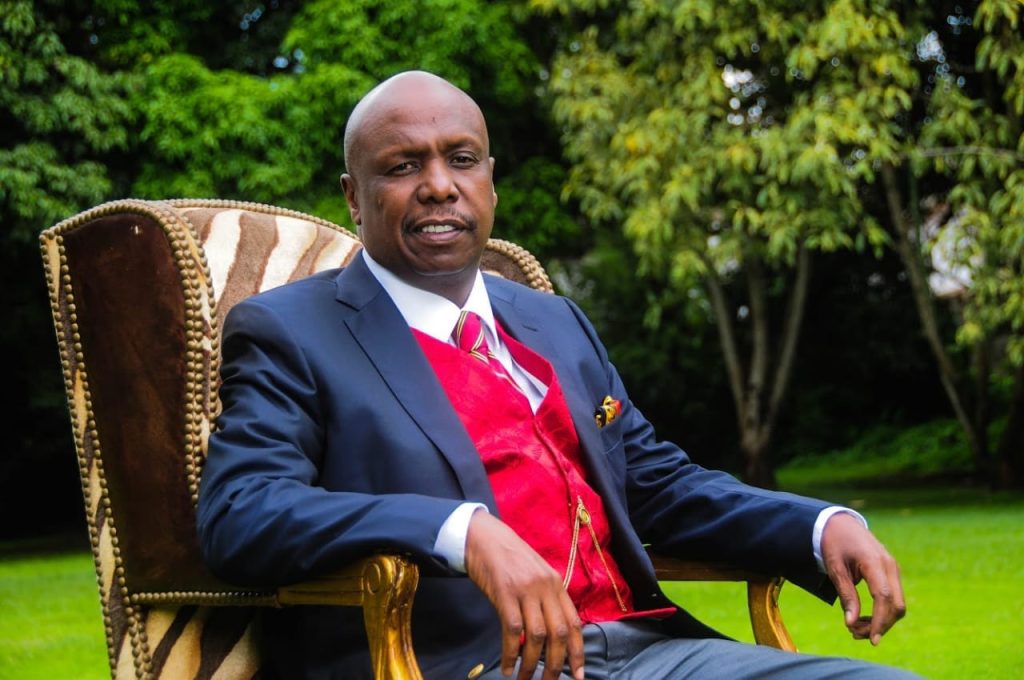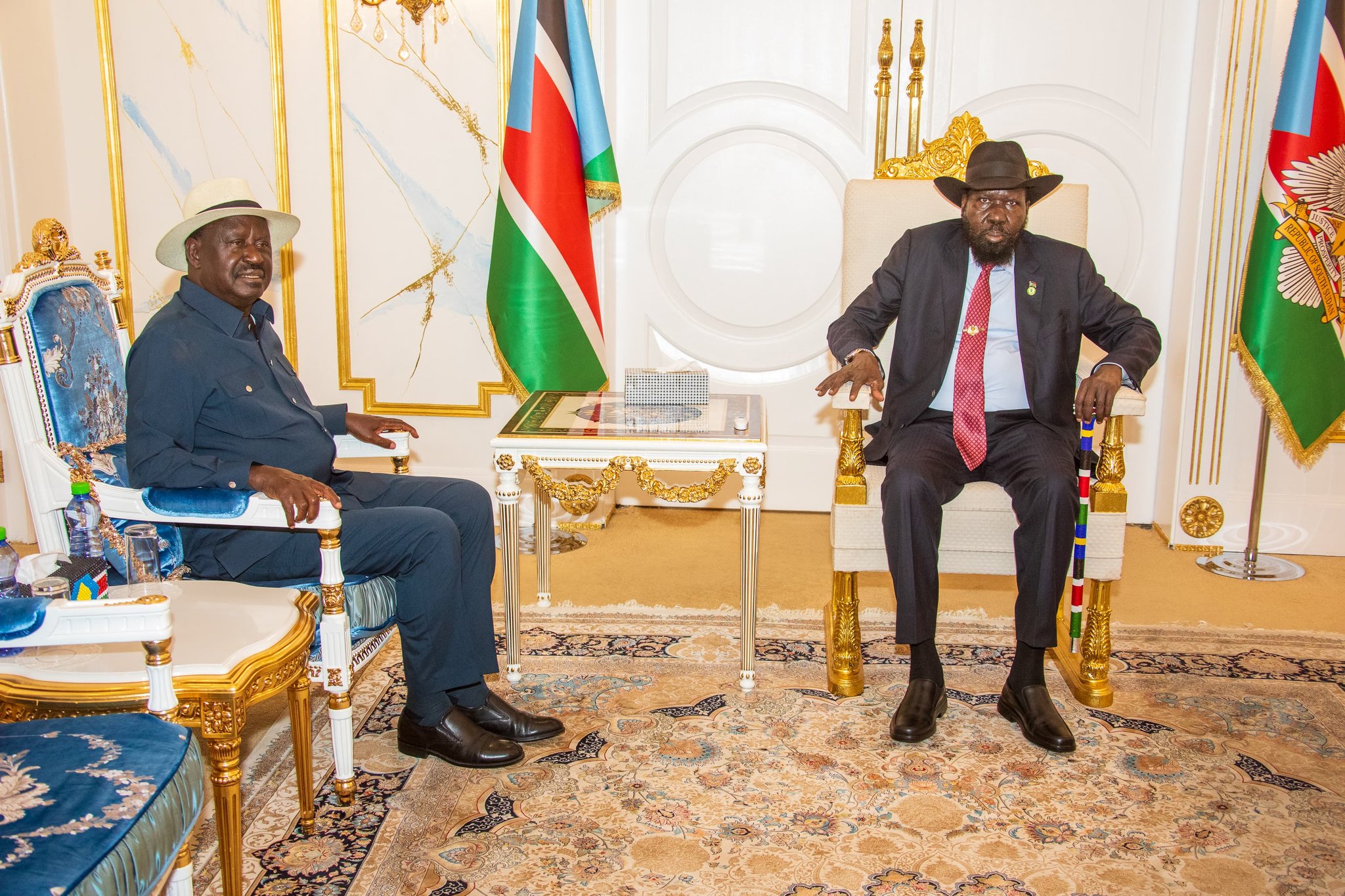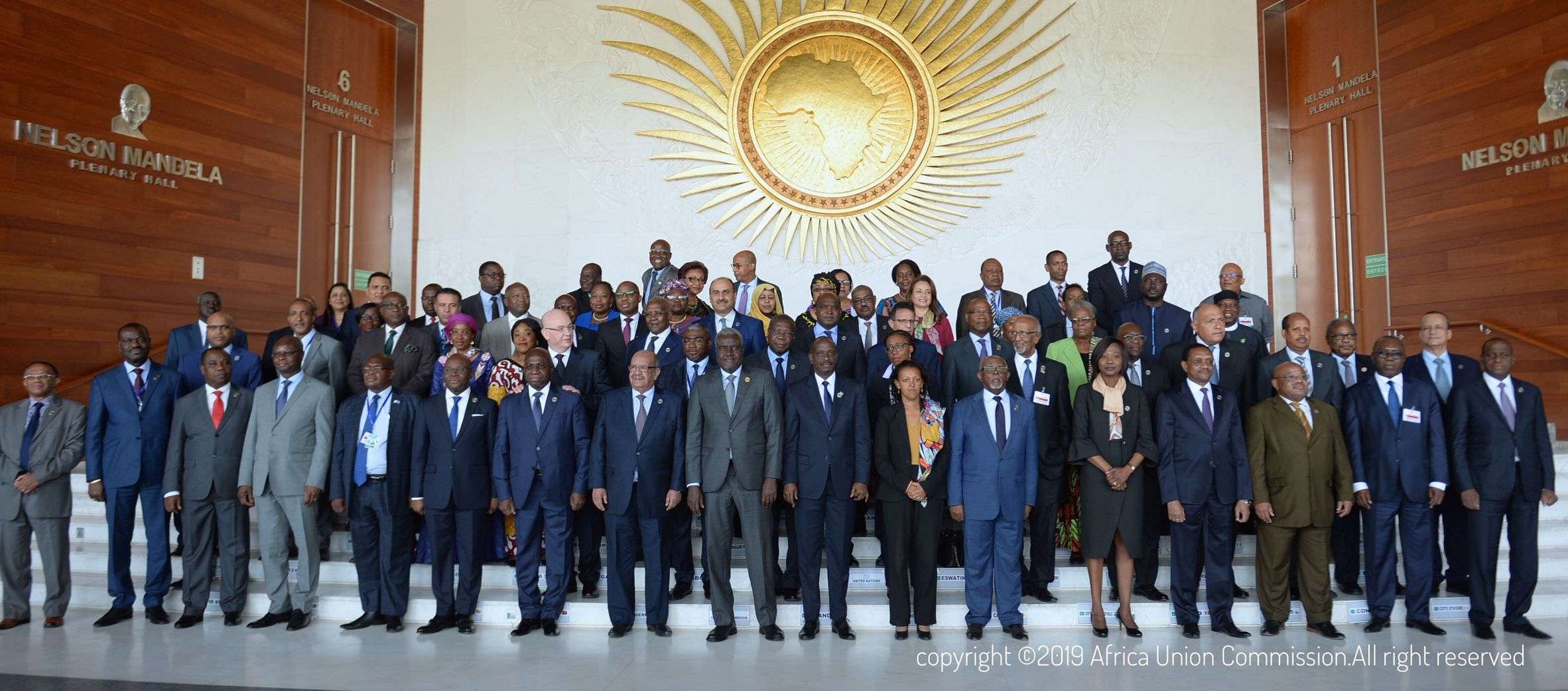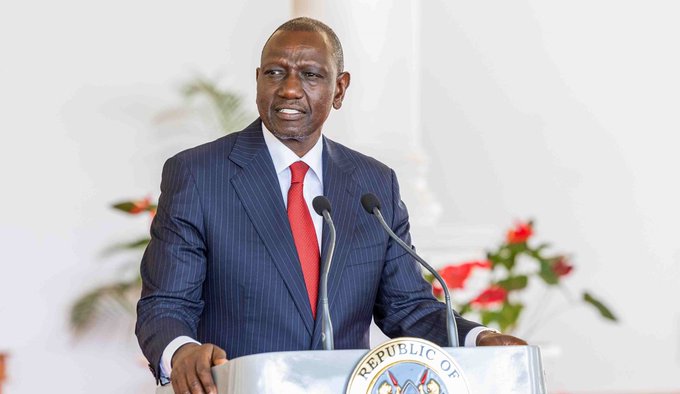Chinese investors formed a joint venture, Fortune Minerals and Construction, with President Kiir’s daughter, Winnie Kiir, in mid-2016. Just weeks later, South Sudan’s military launched a brutal campaign in the area where the minerals were discovered, resulting in forced displacements, mass rapes, and the destruction of healthcare centres. According to the report, Fortune Minerals is one of many companies controlled by Kiir’s family, engaging in partnerships with investors from at least 17 countries, including former Baringo Senator Gideon Moi
South Sudan is once again teetering on the brink of war following a rift between President Salva Kiir and First Vice President Riek Machar, an outcome long feared by experts who warn that the conflict will persist as long as political and military leaders are enabled by the international community to prioritise the plunder of the nation’s resources over peace.
The recent intensification of tensions between Kiir and Machar has raised concerns that the country may relapse into civil war, especially after Machar’s house arrest, which his party argues effectively nullified the 2018 peace agreement. South Sudan’s tensions persist despite the country’s vehement denial of reports alleging it prevented former Kenyan Prime Minister Raila Odinga from meeting Mr Machar in Juba.

Kenya’s President William Ruto had dispatched Mr Odinga, a seasoned statesman renowned for his mediation efforts, as a special envoy to help ease tensions between Kiir and Machar. Kenya’s decision to involve Mr Odinga underscores its deep concern for regional stability. President Ruto, who chairs the East African Community (EAC) bloc, has been actively consulting regional leaders, including President Museveni and Ethiopian Prime Minister Abiy Ahmed, to coordinate a response to the South Sudanese crisis.
The 2018 truce between Kiir and Machar provided a semblance of peace, but experts agree it was inevitable that tensions would resurface. The agreement’s failure to implement security arrangements undermined Machar’s influence over the opposition, and a report compiled a year after the peace deal warned of the fragility of the situation. Since gaining independence from Sudan, South Sudan’s current leadership has hijacked governing institutions, plundered resources, and plunged the country into a conflict that has claimed hundreds of thousands of lives and displaced millions, according to a report by The Sentry.
The damning report, ominously titled The Taking of South Sudan: The Tycoons, Brokers, and Multinational Corporations Involved in Hijacking the World’s Newest State, exposes how South Sudanese politicians and military officials have been supported by international collaborators.
Despite The Sentry’s recommendations for Uganda and Kenya to enforce United Nations sanctions against South Sudanese officials, including travel bans and asset freezes, there is little evidence of compliance. The report highlights how top South Sudanese generals, including those sanctioned by the UN, have acquired luxury properties in Kampala, Nairobi, and other regional cities. It underscores the ongoing plunder of South Sudan’s natural resources, with kleptocrats enriching themselves at the expense of millions of vulnerable citizens
The report states, “Nearly every instance of confirmed or alleged corruption or financial crime in South Sudan examined by The Sentry has involved links to an international corporation, a multinational bank, a foreign government, or high-end real estate abroad.” The Sentry’s investigation revealed how local kleptocrats and their international partners—including Chinese-Malaysian oil conglomerates, British magnates, and trading networks spanning Ethiopia, Eritrea, Kenya, and Uganda—have accumulated billions from the conflict.
Notably, Chinese investors formed a joint venture, Fortune Minerals and Construction, with President Kiir’s daughter, Winnie Kiir, in mid-2016. Just weeks later, South Sudan’s military launched a brutal campaign in the area where the minerals had been discovered, resulting in forced displacements, mass rapes, and destroyed healthcare centres. Fortune Minerals is one of many companies controlled by Kiir’s family, engaging in partnerships with investors from at least 17 countries, including former Baringo Senator Gideon Moi, the report alleges.
Despite The Sentry’s recommendations for Uganda and Kenya to enforce United Nations sanctions against South Sudanese officials, including travel bans and asset freezes, there is little evidence of compliance. The report highlights how top South Sudanese generals, including those sanctioned by the UN, have acquired luxury properties in Kampala, Nairobi, and other regional cities. It underscores the ongoing plunder of South Sudan’s natural resources, with kleptocrats enriching themselves at the expense of millions of vulnerable citizens.
“The spoils of this heist are coursing through the international financial system in the form of shell companies, stuffed bank accounts, luxury real estate, and comfortable safe havens around the world,” it states. The Sentry’s investigation also exposes how multinational corporations, particularly in the oil sector, have supported human rights abuses. The Dar Petroleum Operating Company, a consortium led by China National Petroleum Corporation (CNPC) and Malaysia’s state-owned Petronas, provided material support to pro-government militias accused of committing atrocities, including attacks on civilians and UN sites.
The report includes evidence of Dar Petroleum paying a $686,000 hotel bill for South Sudan’s then-oil minister, Ezekiel Gatkuoth Lol, and using community development funds to finance oil production, purchase armoured vehicles, and pay the tuition of a sanctioned general’s son. An unpublished investigation commissioned by Dar Petroleum concluded that the company had dumped hazardous chemicals, endangering the health of 600,000 people. Meanwhile, multinational firms have partnered with South Sudan’s National Security Service (NSS), a body implicated in human rights violations such as abductions, extrajudicial killings, and the harassment of peace monitors.
A South African firm, Vukani Aviation, established a joint venture with the NSS, operating a charter plane and two helicopters. The Sentry’s investigation also reveals that a front company controlled by the NSS partnered with private security firms from China and Uganda. Several foreign companies conducted business with the NSS despite its grave abuses against civilians.
The investigation further uncovers the involvement of American arms dealer Ara Dolarian, who attempted to sell $43 million worth of military-grade weapons to South Sudanese warlord Paul Malong in 2018. An invoice from Dolarian Capital listed weapons including mortar systems, RPG launchers, and assault rifles, to be delivered to First Monetary Security Limited, a Kenyan company linked to Malong. In 2019, Dolarian was charged with illegal arms brokering, money laundering, and conspiracy.
The report argues that, without targeted financial sanctions, meaningful change is unrealistic. Violence and corruption will remain the norm, fuelled by commercial and political incentives. The report underscores the need for international policymakers to leverage financial tools to disrupt the kleptocratic network and steer South Sudan toward peace and good governance.
The Sentry’s findings reveal the extent of collusion between South Sudanese kleptocrats and international actors, underscoring the urgent need for targeted sanctions and financial measures to disrupt the entrenched networks of violence and corruption. The world’s newest nation remains in crisis, its future held hostage by a corrupt governing system and the unscrupulous actors enabling it.
To be continued…





